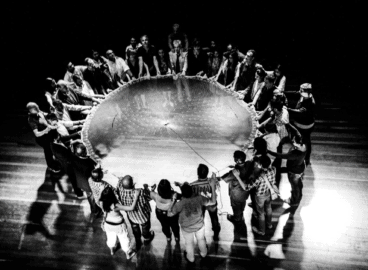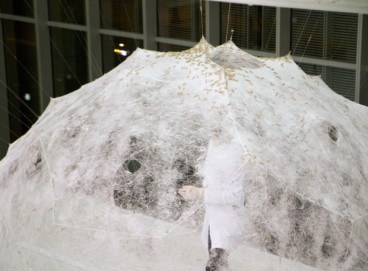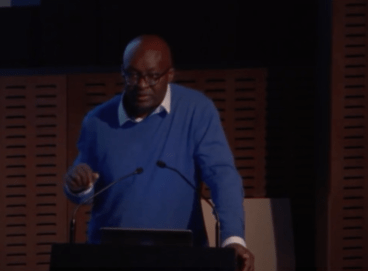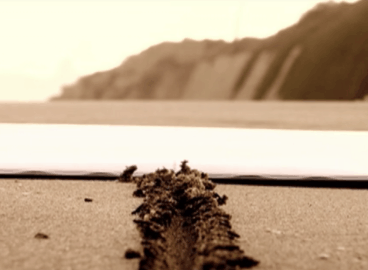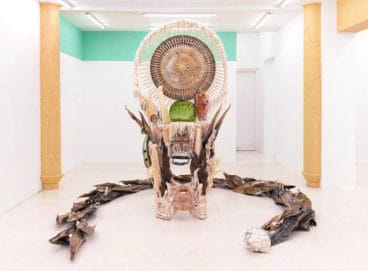This conference series, organized by the Cisneros Institute, looks at the history of water management in the Americas through the interdisciplinary work of artists, theorists, historians, and local communities.
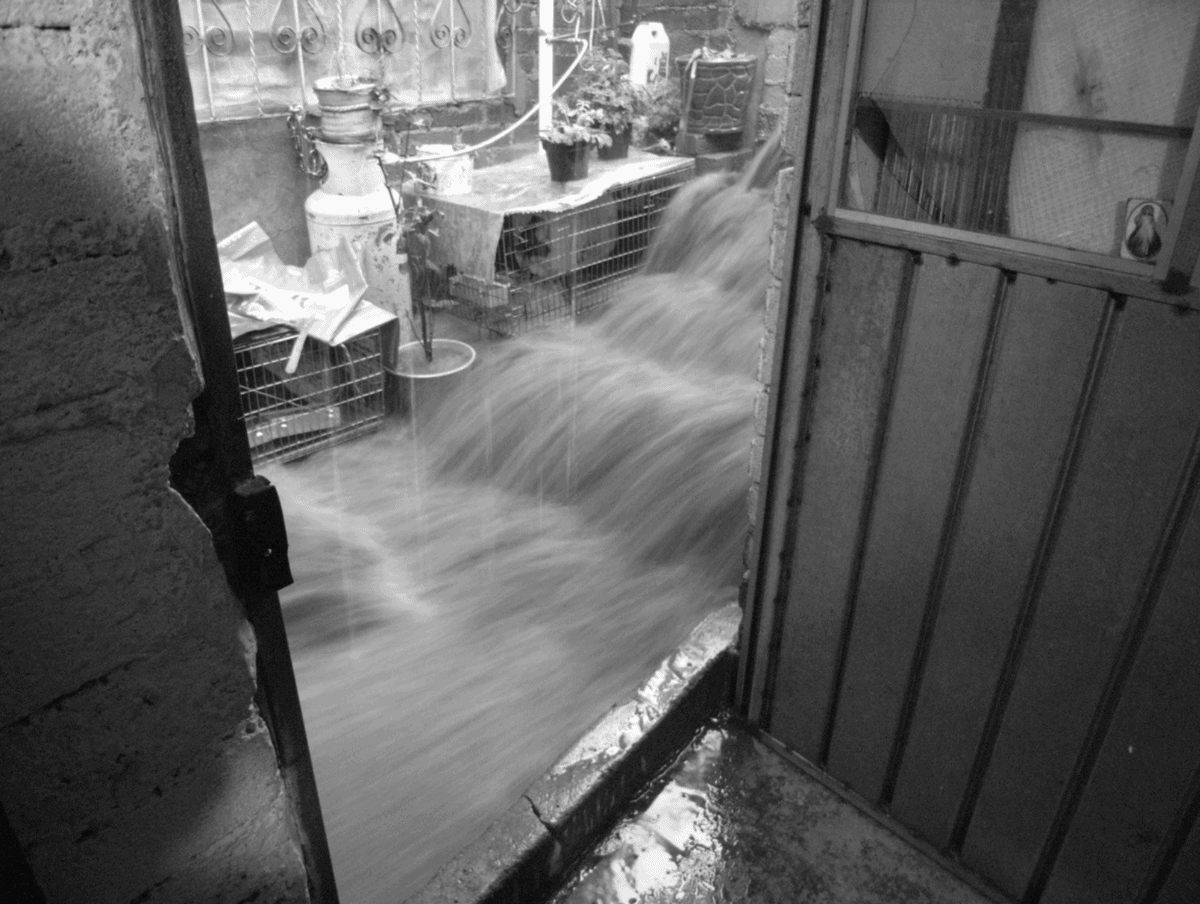
Extractivism is one the main causes of dispossession, exploitation, and even genocide and ecocide of the First Nations of colonized countries. Live-streamed on August 25, 2020, El robo (theft) addresses this issue through a conversation between Brazilian artist María Thereza Alves and scholar Denise Ferreira da Silva. Alves—who has devised an aesthetic research practice that “attempts to document as active agents those who are critically engaged with history”—has a longstanding commitment to the community of Mexico’s Xico Valley. Prevented from ecologically sustaining themselves, the Xico community’s struggle was first staged by Alves in a multimedia installation titled The Return of the Lake (2012), in which the artist elaborated upon a critique of the notion of “post-colonization” by investigating how colonial practices are still very much in place. Ferreira da Silva has written extensively on the ethical questions of the global present, and most recently she has begun experimenting with how to release the world from “the procedures and tools that presume that everything that exists or happens is an expression of the human.” Her poethical experiments with the elemental expose how colonial and racial violence is “vital to the accumulation of capital in its various (merchant, industrial and financial) moments.” By pointing to the objectification of personhood that leads to ecocrimes, Alves and Ferreira da Silva share a theorizing of racial power and of a politico extractivist model that oppresses the Indigenous, Black, and impoverished communities of the Americas.
El robo (theft) is the second part of Cumbre Aconcagua (The Aconcagua Summit), a series of three conversations, or confabulaciones (confabulations), that take the subject of water as its guiding thread. Conceived by guest curator Camila Marambio, the conference looks at the history of water management in the Americas through the interdisciplinary work of artists, theorists, historians, lawyers, ecofeminists, scientists, and local communities. It features artists whose work has such aquatic themes at its core to consider ways of conceiving of nature as an entity to be respected, rather than a resource to be exploited.
Cumbre Aconcagua is the first of a series of conferences that the Cisneros Institute is dedicating to the study of the relationship between the arts and the environment in Latin America. You can learn more about the Cisneros Institute programs here.
